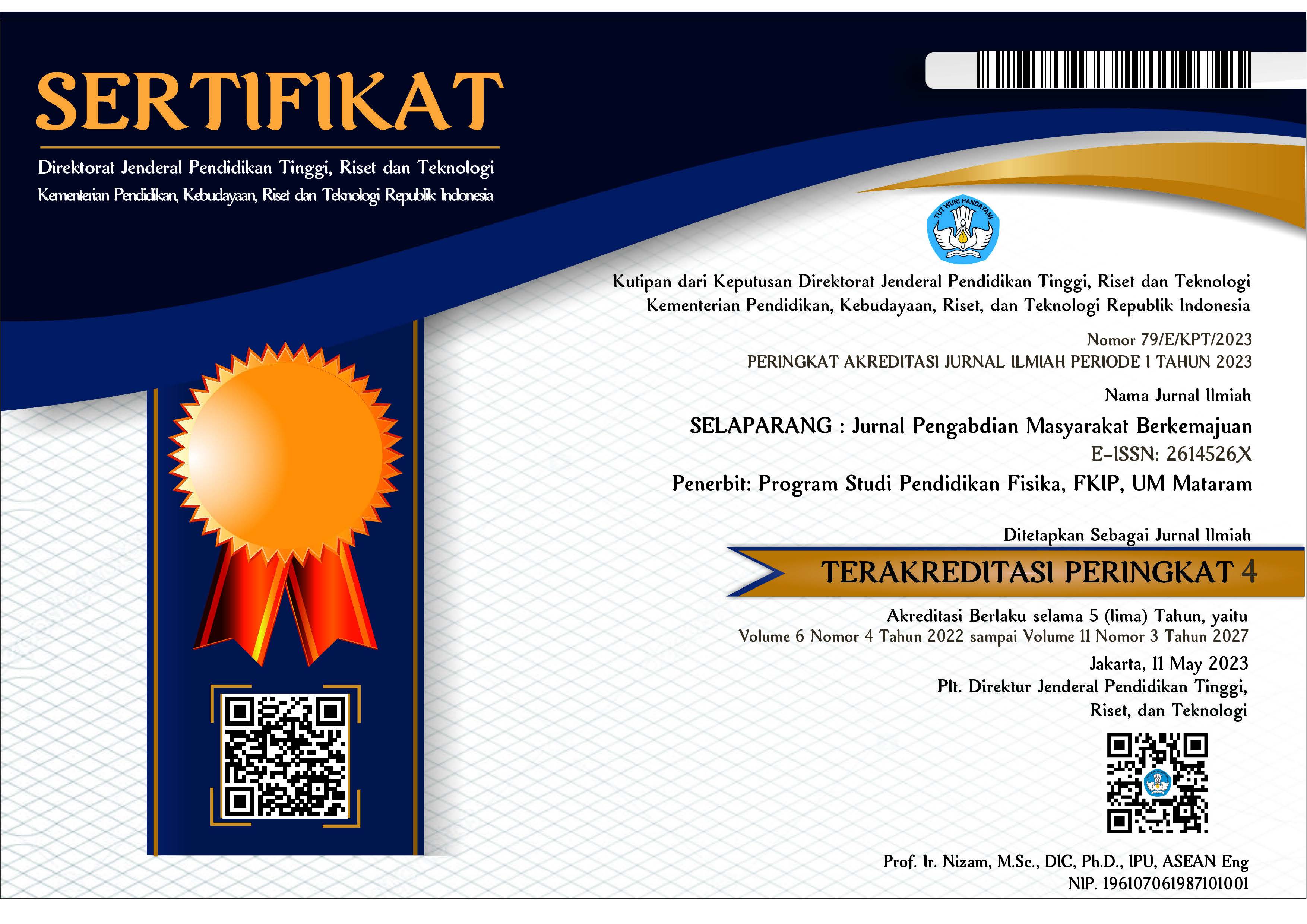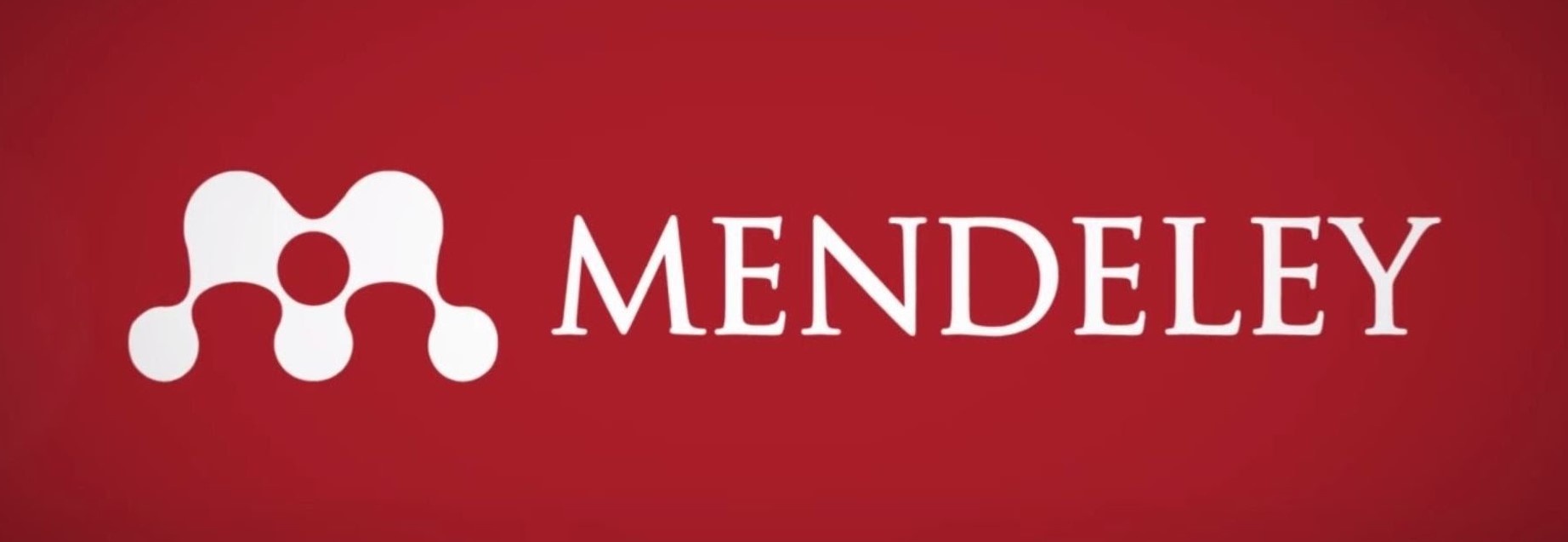PELATIHAN PENGOLAHAN KOPI TEPAT GUNA MENJADI MAKANAN DAN MINUMAN ANEKA RASA DAN WARNA
Abstract
ABSTRAK
Indonesia merupakan salah satu negara pengekspor keempat kopi terbesar di dunia, setelah Brazil, Vietnam dan Kolombia. Kopi Arabica Aceh Tengah merupakan salah satu kopi spesialti dari Indonesia yang memiliki nilai ekonomi tinggi yang dibudidayakan di Desa Telagah. Desa Telagah, Kecamatan Sei Bingei, Kabupaten Langkat berlokasi 60.6 km dengan jarak tempuh 1 jam 37 menit dari Kota Medan. Petani kopi di daerah mitra di Desa Telagah, teridentifikasi memiliki pengetahuan rendah, keterampilan sederhana, modal terbatas dalam budidaya dan pengelolaan kopi belum maksimal. Oleh sebab itu, sangat penting dilakukan kegiatan Pengabdian Kemitraan Masyarakat (PKM) yang difokuskan untuk menganalisis faktor-faktor internal, eksternal, strategi pengembangan dan konservasi kopi, minuman penikmat rasa yang trendi masa kini. Kualitas kopi dipengaruhi oleh beberapa faktor seperti varietas kopi, pengendalian hama terpadu kopi, lokasi budidaya kopi, pemanenan kopi serta pengolahan pasca panen kopi. Kelompok petani kopi ‘Perteguhan-Telagah’, menjadi salah satu alternatif pemecahan masalah dengan menginisiasi ‘Model Edukop’, edukasi budidaya dan pengelolaan kopi diharapkan dapat mendukung ekonomi kreatif berkonsepkan ekosistem berkelanjutan, mengenalkan kepada masyarakat budidaya kopi sebagai wahana edukasi dan produksi sebagai minuman dan makanan olahan tepat rasa, tepat gizi, dan tepat guna yang meningkatkan kesejahteraan petani kopi. Rencana kegiatan PKM dilakukan dalam bentuk sosialisasi informasi, pelatihan, bimbingan teknis, dan pendampingan ke kepada mitra petani kopi serta masyarakat. Diprediksikan sumbangan mesin sangrai dan alat grinder pengabdian DRTPM Kemendikbudristek-USU 2022 kepada Poktan Kopi Perteguhan, dalam pengolahan dari kopi menjadi aneka minuman Kopnaco (Kopi-Nata de Coco), Koptel (kopi-Telang), dan Kopcin (Kopi-Cincau) serta makanan dalam bentuk snek Pisang kopi keju (Piskoju), Mikop (mie kopi), Nasi goreng kopi (Naskop) serta sambal kopi. Program PKM Kopi Telagah berbasiskan riset dan sinergitas dengan masyarakat untuk mencapai tujuan khusus mewujudkan Desa Telagah sebagai model harmoni masyarakat Sumatera Utara.
Kata kunci: kopi; pengolahan; makanan; minuman; telagah
ABSTRACT
Indonesia is one of the fourth largest coffee exporting countries in the world, after Brazil, Vietnam and Colombia. Central Aceh Arabica Coffee is one of the specialty coffees from Indonesia has high economic value was cultivated in Telagah Village. Telagah Village, Sei Bingei District, Langkat Regency is located 60.6 km with a distance of 1 hour 37 minutes from Medan City. Coffee farmers in partner areas in Telagah Village determined with low knowledge, simple skills, limited capital in coffee cultivation and management. Therefore, it is important to carry out Community Partnership Service (PKM) activities which are very important to analyze internal and external factors, development and conservation strategies for coffee, a drink that is trendy today. Coffee quality is influenced by several factors such as coffee varieties, integrated coffee pest control, coffee cultivation locations, harvesting, and post-harvest processing of coffee. The 'Perteguhan-Telagah' coffee farmer group, became an alternative problem solving by initiating the 'Edukop Model', education on coffee cultivation and management is expected to support the creative economy with a sustainable ecosystem concept, introduce coffee cultivation to the community as a vehicle and production as a beverage and processed food. right taste, right nutrition, and right use that improve the welfare of coffee farmers. The PKM activity plan is carried out in the form of information dissemination, training, technical guidance, and assistance to coffee farmer partners and the community. It is predicted that the donation of roasting machines and grinding equipment for the Ministry of Education and Culture-USU's 2022 DRTPM service to the Perteguhan Coffee Poktan will increase the use of coffee processing into a variety of drinks,such as: Kopnaco (Kopi-Nata de Coco) drinks, Koptel (Telang-coffee), and Kopcin (Kopi-Cincau) as well as food,such as snacks, Banana coffee cheese (Piskoju), Mikop (coffee noodles), Coffee fried rice (Naskop) and coffee sauce. The PKM coffee of Telagah programme is based on research and synergy with the community to achieve the specific goal of realizing Telagah Village as a model of harmony for the people of North Sumatra.
Keywords: coffee; management; food; drink; telagah
Keywords
Full Text:
PDFReferences
International Coffee Organization (ICO). (2015). ICO Annual Review 2013-2014. International Coffee Organization. London.
Hulupi,R. dan Endri M. (2013). Budidaya dan Pemeliharaan Tanaman Kopi di Kebun Campur. Pusat Penelitian dan Kopi dan Kakao Indonesia bekerjasama dengan World Agrofoestry Centre. www.worldsgroforestri.org.
Badan Pusat Statistik Kabupaten Langkat. (2020). Kecamatan Sei Bingei dalam Dalam Angka 2019 – https://langkatkab.bps.go.id. Diakses 10 Februari 2022.
Ayelign, A., K. Sabally. (2013). Determination of Chlorogenic Acids (CGA) in Coffee Beans Using HPLC. American Journal of Research Communication 1 (2): 78-91.
Nawrot, P., S. Jordan., J. Eastwood., J. Rotstein., A. Hugenholtz., M. Feeley. (2003). Effects of Caffeine on Human Health. Food Additives and Contaminants 20(1): 1-30.
Malasari, W., Banowati,E., Hariyanto, H. (2017). Pemberdayaan masyarakat petani kopi dalam upaya meningkatkan kuantitas komoditas kopi Gunung Kelir. Geo-image 6 (2):123-130.
Ponte, Stefano. (2002). The ‘Latte Revolution’? Rekopition, Markets and Consumption in the Global Coffee Chain. World Developmen (7): 1099-1122.
Panggabean, Edy. (2011). Buku Pintar Kopi. PT. AgroMedia Pustaka. Jakarta.
Hoffman, James. (2014). The World Atlas of Coffee: From Beans to Brewing – Coffees Explored, Explained and Enjoyed. Octopus Publishing Group Limited. London.
Mekuria, T., Neuhoff, D., Kopke, U. (2004). The Status of Coffee Production and The Potential For Organic Conversion in Ethiopia. Conference on International Agricultural Research for Development. Berlin.
Badan Pusat Statistik (BPS) Langkat. (2020). Kabupaten Langkat Dalam Angka 2020. 425hlm.
Ernawanto,Q.D dan T.Sudaryono. (2016). Rehabilitasi Lahan Marginal dalam Rangka Meningkatkan Produktivitas dan Konservasi Air. Prosiding Seminar Nasional Inovasi Teknologi Pertanian, Banjabaru, 20 Juli 2016.
Sutoro E. (2015). Desa Membangun Indonesia. Forum Pengembangan Pembaharuan Desa (FPPD), Yogyakarta.
Nuryanti, S. (2005). Pemberdayaan Petani Dengan Model Coorperative Farming. Jurnal Analisis Kebijakan Pertanian 3 (2): 150-158.
DOI: https://doi.org/10.31764/jpmb.v6i3.10591
Refbacks
- There are currently no refbacks.

This work is licensed under a Creative Commons Attribution-ShareAlike 4.0 International License.
______________________________________________________
Jurnal Selaparang
p-ISSN 2614-5251 || e-ISSN 2614-526X
EDITORIAL OFFICE:



















